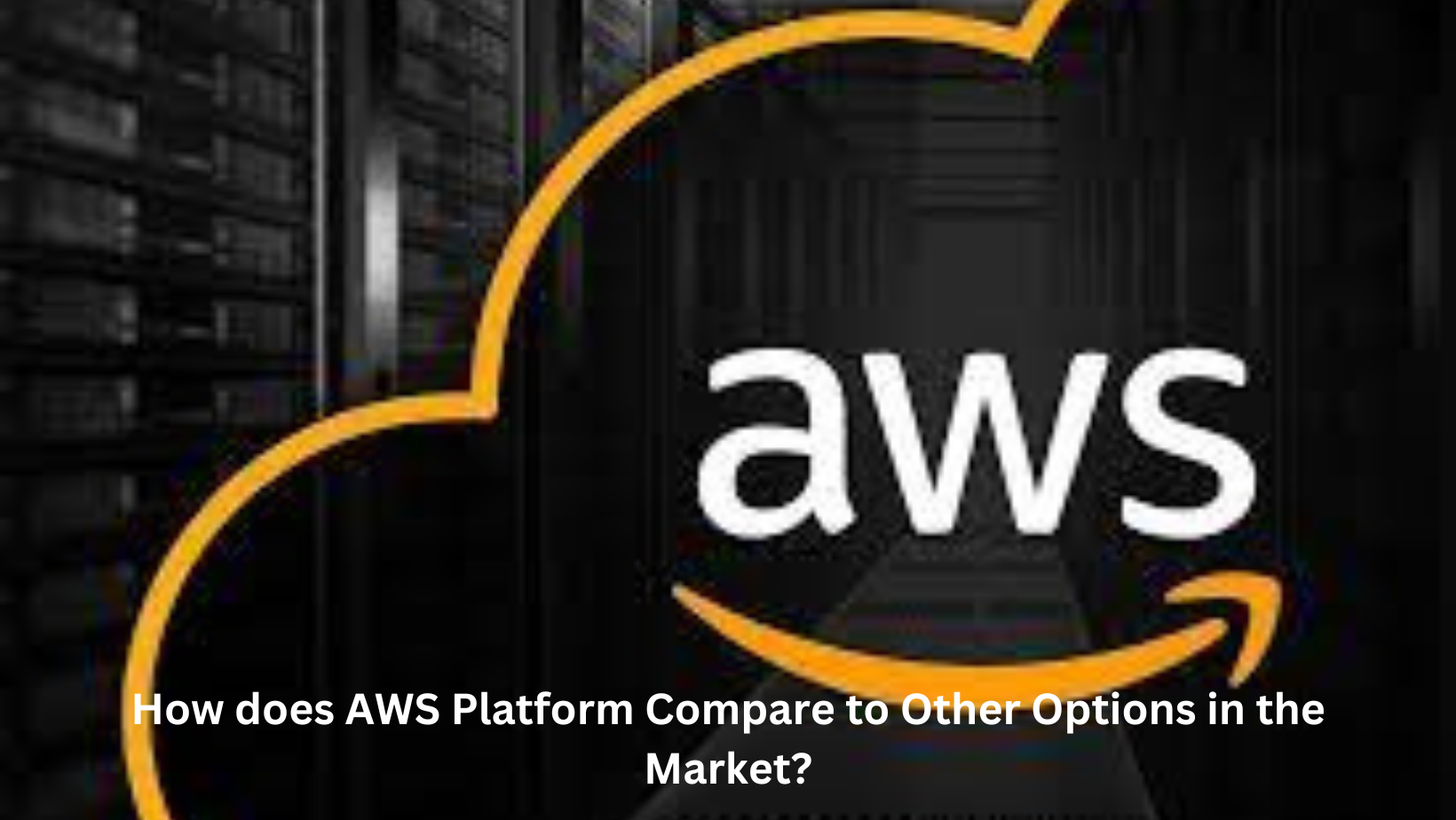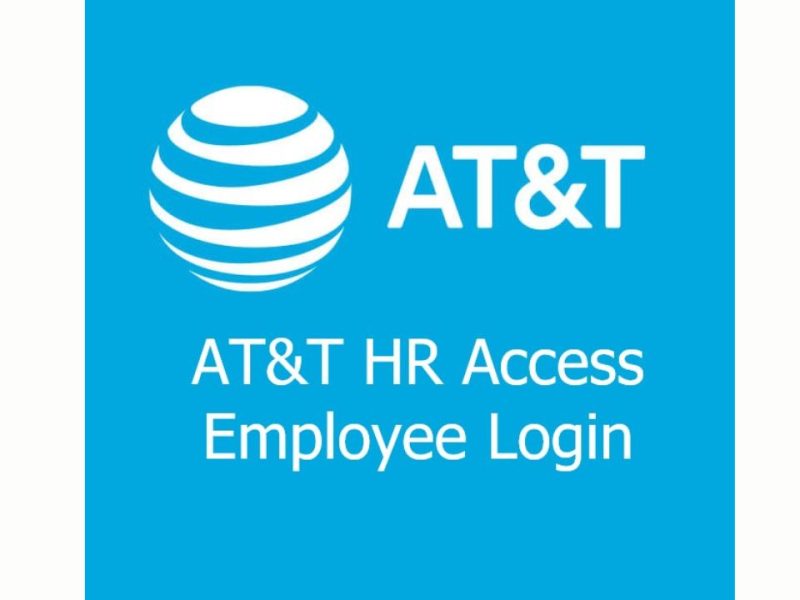Introduction
With the growing demand for data analytics, it is unsurprising that the market is filled with various data analytics platforms. However, selecting the appropriate platform for your organization can be challenging. We will examine the AWS Data Analytics Platform and compare it to other market options. We will discuss the advantages and disadvantages of each and aid you in determining the best choice for your organization.
What is the AWS Data Analytics Platform?
Data analytics is one of the most important aspects of any business today and the AWS Data Analytics Platform is one of the leading options available on the market. We will discuss what makes this platform unique, how it compares to other options, the benefits and challenges of using it, and some relevant use cases.
At its core, the AWS Data Analytics Platform provides a comprehensive suite of database developer options for big data software and analytics which can be used to build sophisticated applications. It is powered by TPU-driven machine learning platforms such as Tensor Flow and other Python tools that provide insights into customer behaviors or identify trends in large datasets. The platform also includes an AWS Data Analytics Lens which offers insight and design elements for IT architects, developers, and team members who build and operate analytics systems.
Finally, several relevant use cases can benefit from applying this technology, such as predictive analysis based on customer behavior insights, recommendation engines, fraud detection systems, demand forecasting, marketing campaign optimization, among others. All these use cases rely on powerful computing capabilities offered by AWS combined with industry-standard algorithms developed by third parties resulting in an optimal solution tailored to our specific requirements. At Kelly Technologies, we are proud to offer the only AWS Training in Hyderabad that covers each and every facet of Amazon Web Services.
In conclusion, the AWS Data Analytics Platform offers an excellent opportunity for businesses looking to leverage their data assets efficiently through innovative technologies while reducing costs thanks to scalability models offered by cloud service providers like Amazon Web Services (AWS) or Google Cloud.
Comparing AWS to Other Data Analytics Platforms
The data analytics market is becoming more crowded, with AWS and other providers offering competitive solutions. This whitepaper provides an overview of the big data analytics options available in the AWS Cloud, including usage patterns, cost models, and performance.
While comparing AWS to Azure and Google Cloud can be complex due to over 25 services offered by both providers, AWS stands out with its Data Lake solution. This solution configures necessary core AWS services, making it easier for organizations to get start with their big data projects faster.
However, it is important to consider security when leveraging cloud services. Fortunately, all three major providers offer robust security measures, including encryption-at-rest and multi-factor authentication.
When comparing costs, it’s essential to remember that providers often use different naming conventions for comparative products, making direct comparisons difficult at times. Generally, you can expect lower overall costs from using either Google Cloud or Azure than from using AWS.
Each platform has its own set of pros and cons. With AWS Data Analytics Platform, you get a fully managed service backed by Amazon’s reliable infrastructure, but you may end up paying higher costs compared to alternatives like Azure or GCP. Google Cloud Platform gives you access to powerful tools like Big Query, but there are limitations on storage space depending on your tier level. Using Microsoft Azure gives you access to advanced machine learning capabilities but requires additional skillsets like Python programming language knowledge to understand queries better.
By evaluating these factors carefully, you should be able to choose the platform that best fits your needs when it comes to decision time.
Understanding the Pros and Cons of Different Solutions
The world of data analytics can be overwhelming, especially when determining the best solutions for your business. One popular option for public cloud services is Amazon Web Services (AWS). In this section, we will explore what an AWS Data Analytics Platform is and compare it to other solutions in the market.
An AWS Data Analytics Platform allows users to access and analyze large amounts of data from various sources quickly and easily. It provides cloud computing capabilities, allowing users to store their data on Amazon’s secure servers and access it from anywhere with an internet connection.
When compared to its competitors, Azure and Google Cloud Platform (GCP), all three services offer similar features such as computing power, storage space, analytics tools, and security measures. However, each service has its unique strengths and weaknesses that should be considered. For example, Azure offers advanced data security measures and powerful analytics tools, while GCP provides more affordable pricing plans. However, both have limited storage capacity compared to AWS. Additionally, GCP has slower response times due to its smaller network size and lack of global infrastructure presence. Lastly, AWS offers specific features, such as Varonis’ trailblazing features for securing Salesforce, at a price premium over either Google or Microsoft’s offerings.
By considering these points and using resources such as The Forrester Wave™ report and real-world case studies, organizations can make well-informed decisions about their architecture choices prior to deploying in a production environment. In summary, understanding the pros and cons associated with different solutions can help organizations identify opportunities to leverage an AWS infrastructure to improve performance, reduce costs, and increase overall customer satisfaction.
Conclusion
The AWS Data Analytics Platform is an excellent solution for businesses looking to efficiently leverage their data assets. It offers a comprehensive suite of options, including database developer tools, big data software, analytics, scalability, flexibility, improved performance, simplified deployment processes, access controls, and enhanced security protocols. However, to make an informed decision, businesses should compare competing solutions like Google Cloud or Microsoft Azure and understand the pros and cons associated with each service provider before committing resources. This will ensure success when leveraging cloud services, like AWS Data Analytics Platform, in a production environment. The article in Timesofblog must have given you a clear idea of this concept



